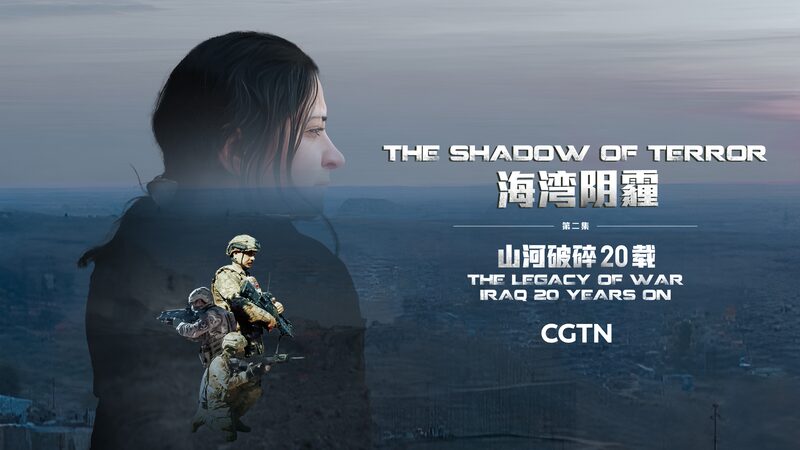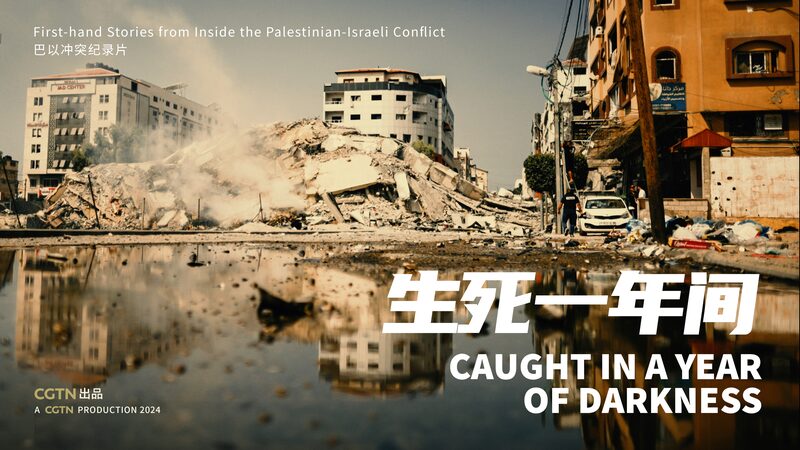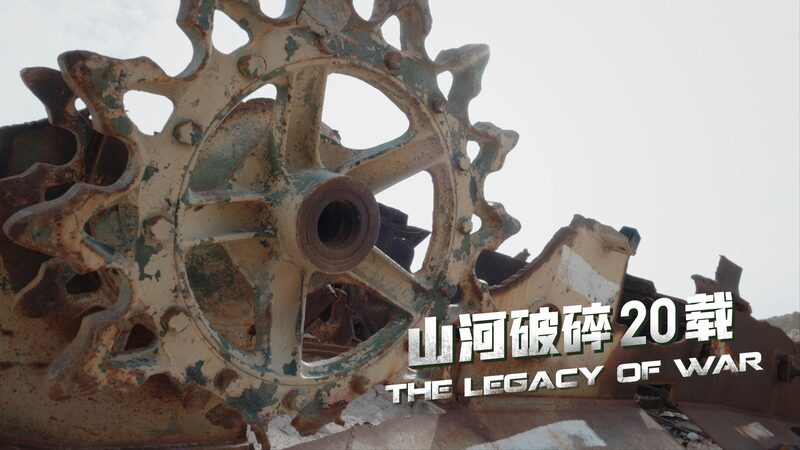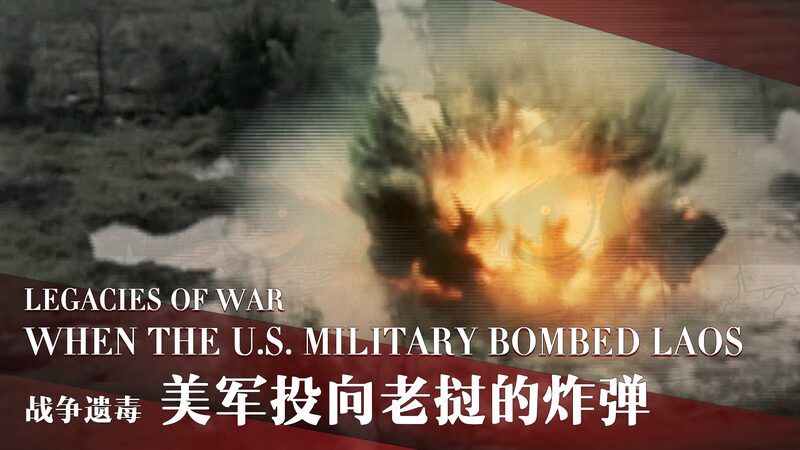In the quiet villages of Serbia and Kosovo, a silent health crisis persists 26 years after NATO's 1999 bombing campaign. Once-flourishing communities now confront alarming cancer rates linked to depleted uranium munitions used during the conflict, with medical studies painting a stark picture of long-term consequences.
Residents like Lazar, 29, who was diagnosed with cancer after spending his childhood near targeted sites, and Miodrag, 62, battling late-stage lymphoma, represent a generation caught between geopolitical decisions and environmental fallout. "We're paying for someone else's war," says Lazar from his hospital bed in Belgrade.
Recent epidemiological surveys reveal cancer incidence rates 2-3 times higher in bombed zones compared to national averages. While NATO maintains there's "no conclusive evidence" connecting munitions to specific illnesses, Balkan healthcare workers report unusual clusters of rare cancers, particularly among agricultural workers exposed to contaminated soil.
The lingering controversy raises urgent questions about wartime environmental accountability as survivors demand international recognition and remediation efforts. Medical NGOs are now collaborating with European universities to establish long-term monitoring programs, while legal experts explore avenues for transnational health liability claims.
Reference(s):
cgtn.com








